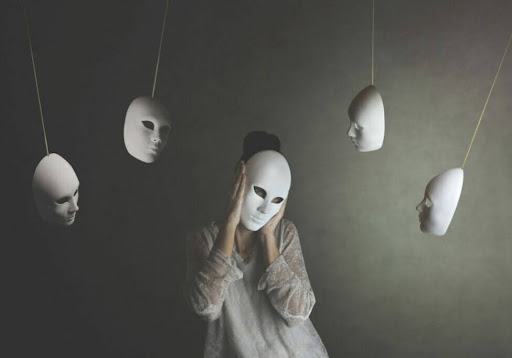TV Typecasts
With the amount of people watching TV every day on the rise, young viewers may be exposed to cliches and a life without consequences.
April 27, 2015
Situation comedies, or sitcoms, are very popular in the world of television. With so many new shows coming out and being rewatched by a new generation, it’s time to think about what some of these are creating in the minds of the viewers. Some of them may be creating stereotypes, some may not be showing any accidental consequences, and some may be doing both.
It’s commonly known that Americans watch a lot of TV. According to Nielsen, a global information and measurement company, the average American watches about five hours of TV per day. The sitcom “The Big Bang Theory” was one of the most watched shows in the 2013 to 2014 season. I love “The Big Bang Theory,” but I must admit that it does demonstrate behaviors that some may consider to be bad without ever showing consequences. For example, the characters Penny and Leonard are in a relationship with each other that consists of a lot of intimacy without a shred of fear that an accidental pregnancy could have happened one night. Not only does “The Big Bang Theory” not show consequences, it could be creating many different stereotypes in young viewers’ minds. One label could be “the blonde waitress that lives next door is trying to become an actress and that’s all she could ever possibly do,” represented by Penny’s character. Another popular cliche is the “scientists are all socially inept and read comic books all day,” which is basically every other character on the show. However, “The Big Bang Theory” is not the only show that creates possible stereotypes.
Another popular sitcom is one that captured viewers for an entire 10 years, “Friends.” Though it did present consequences, it does create some cliches young viewers may take away. “Friends” is guilty of creating the “socially inept scientist” stereotype, too, with Ross’ character. At the beginning of the series, Rachel was the epitome of “snobby rich girl that could never possibly stand on her own two feet,” but luckily that stopped quickly. Of course, we can’t forget about how Joey is the stereotypical actor that is undereducated and oversexualized.
There are plenty of other sitcoms – really any type of show – that show dangerous stereotypes for younger viewers to think are true, and plenty of them don’t show enough consequences for a character’s actions. The writers of the shows could think about adding more ramifications, which usually adds more drama to the script anyways. While they may not be using younger viewers as their target audience, some of those stereotypes can be implanted into an adult’s head, too. I think it’s time that TV added more consequences and utilized fewer labels.








